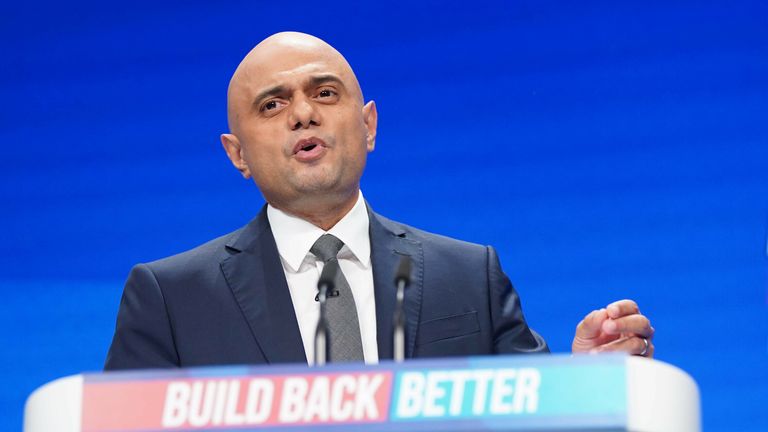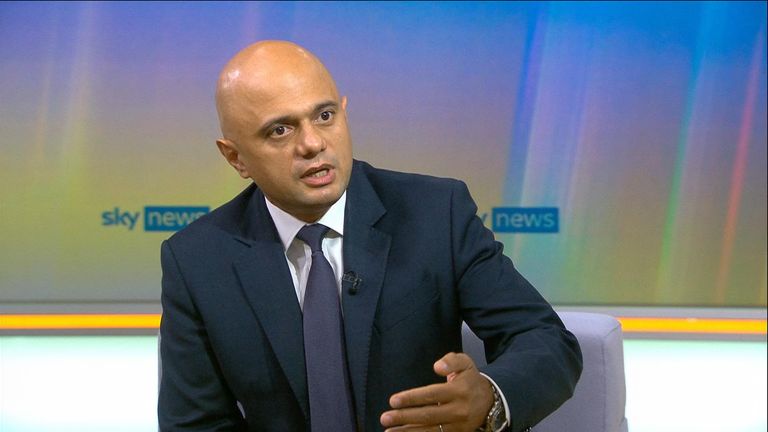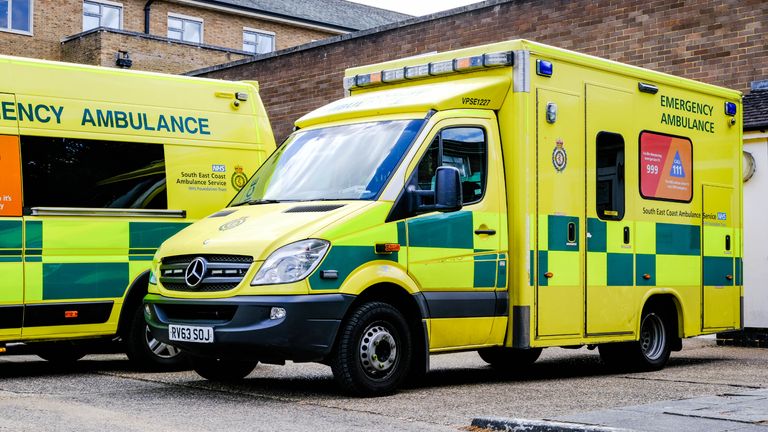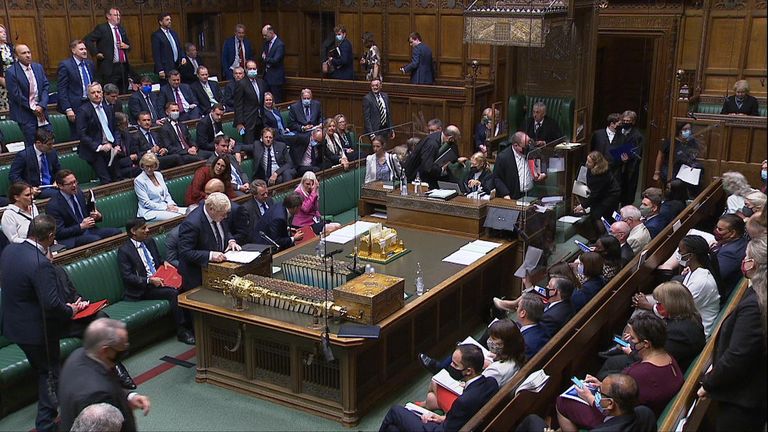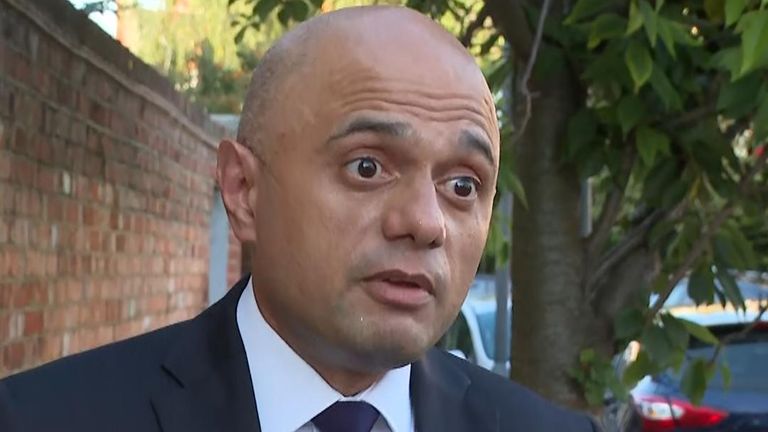GP surgeries will be named and shamed in league tables aimed at improving patients’ access to face-to-face appointments.
Practices which fail to provide an “appropriate” level of appointments in person will not be eligible for new NHS funding worth £250m.
As part of a new package of measures to improve access, patients will also be able to rate their practice’s performance via text message.
The NHS said the “winter access fund” will allow GPs to improve the availability of appointments and increase the number of face-to-face appointments and same-day care.
Other healthcare workers will be given new powers to provide patients with medical documents like fit-to-work notes or DVLA checks in a bid to free up GPs.
The NHS said GP practices must “respect preferences for face-to-face care unless there are good clinical reasons to the contrary”.
People will be able to compare GP practices thanks to appointment data which will be published at practice level by spring to “enhance transparency and accountability”, the health service said.
It is not clear how “appropriate levels” of face-to-face care will be defined, but those who do not meet the standard will be offered support to improve.
“Walk-in consultations” could be one of the ways in which practices choose to address the problem.
GP telephone systems will be upgraded to reduce long waits over the phone, social distancing in practices could be changed or reduced, and patients will be able to see nurses, pharmacists and paramedics at GP practices.
Health Secretary Sajid Javid said: “I am determined to ensure patients can see their GP in the way they want, no matter where they live.”
He said this will “tackle underperformance, taking pressure off staff so they can spend more time with patients”.
Only 58% of GP appointments in England in August were face-to-face, compared with four in five before the pandemic in August 2019.
The British Medical Association said the plans would not help GPs improve care in the way they had hoped and described the government as “ignorant” to the scale of the crisis.
GP committee chair Dr Richard Vautrey criticised the “preoccupation” with face-to-face appointments and said a hybrid approach was needed.
“GPs across England will be truly horrified that this is being presented as a lifeline to general practice, when in reality it could sink the ship altogether,” he said, warning that a “lack of action” would force many GPs to exit the profession.
Professor Martin Marshall, chair of the Royal College of General Practitioners, said “good care can and is being delivered remotely and some patients prefer it”.
The plans mark a significant change from July last year, when then health secretary Matt Hancock said all initial GP appointments “should be teleconsultations unless there’s a compelling clinical reason not to”.
Campaign group EveryDoctor, which represents 1,700 UK doctors, said earlier on Wednesday that “it’s a bit of a shock” GPs have been “blamed” for the amount of telephone consultations offered to patients when they were just following government guidance.
The NHS’s Long Term Plan, published in 2019, proposed that all patients be given a “digital-first” option for accessing GP care.
EveryDoctor also expressed concern that “inflammatory” comments about access to GPs was leading to “abuse” of staff – another issue that will be addressed in the new blueprint through the development of a “zero-tolerance campaign”.

